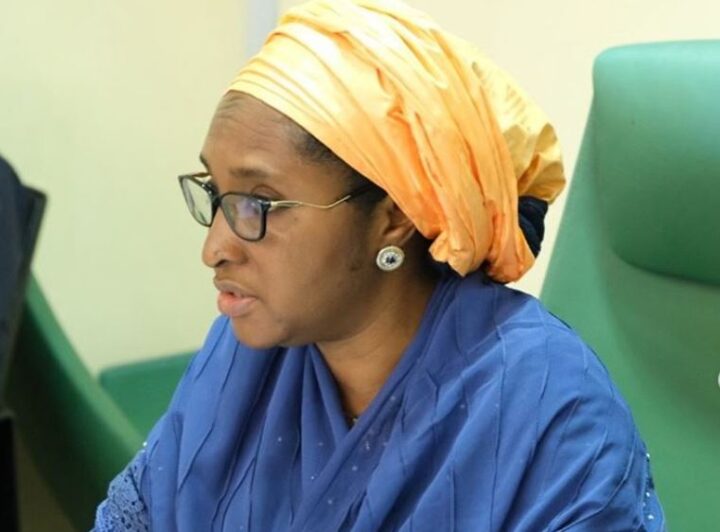The federal government has set a revenue target of N3.4 trillion for states over the next three years; a 60.8 percent increase from the total revenue generated in 2019.
The 36 states of the federation and the federal capital territory generated N1.33 trillion as internally generated revenue (IGR) at the end of 2019.
Zainab Ahmed, the minister of finance, budget and national planning, was speaking at a webinar organised by the National Bureau of Statistics in partnership with Softcom Limited, an indigenous technology company on Thursday.
The webinar was themed ‘Leveraging data to drive inclusive policy, revenue generation, and improved governance’.
Advertisement
Ahmed said the 15 percent revenue to GDP ratio was the target included in the economic and recovery growth plan (ERGP).
“Analysis of revenue data shows that as of 2018, Nigeria’s revenue to GDP ratio stood at about 8 percent, significantly below many comparator countries on the continent, as well as the continent average. It was also below the ERGP target of 15 percent.
“In fact, even at 15 percent, Nigeria could still lag behind comparator countries.
Advertisement
“Under the Strategic Revenue Growth Initiative (SRGI) therefore, we have identified various revenue initiatives that could potentially generate N13-18 trillion across both oil and non-oil sources, and ensuring that we are able to achieve a 15 percent revenue to GDP target by 2023.
“Importantly, we recognized that the support of the states would be necessary to achieve the 15 percent target. In fact, the states would need to cumulatively generate about N3.4 trillion.”
Ahmed has often said Nigeria does not have a debt problem but rather a revenue problem which makes it difficult to meet obligations.
Speaking at the webinar, Yemi Kale, the statistician general of the federation, said the right data would serve as the guiding tool to help policymakers make the right decisions at the right time.
Advertisement
“Better policy results mean taking the right decisions at the right time, and for the right reasons. This means having the right guiding tool – i.e. the right data at the right time.
“However, having the right data at the right time is only part of the story. Evidence-based decision making requires decision-makers to actively engage with data and analysis at each point, within the policymaking process from initiating programs, to allocating resources, to the monitoring and evaluation of outcomes.”
Kale said there is a need to address issues of resistance to data sharing internally which he said could have stemmed from the realisation that with transparency comes accountability and fill the skill gaps within government to ensure timely and reliable transmission of administrative data.
Advertisement







